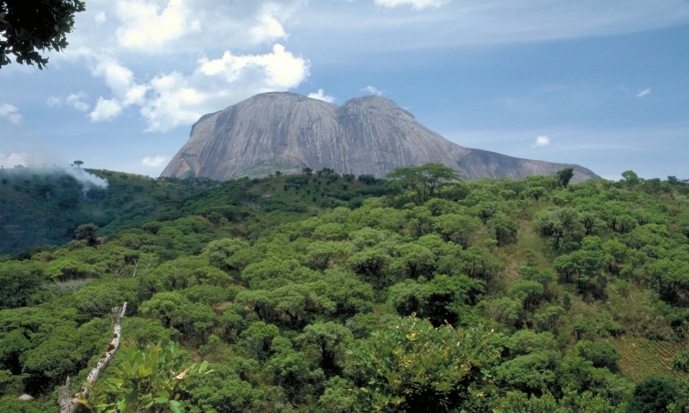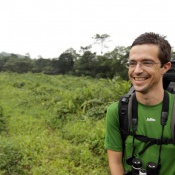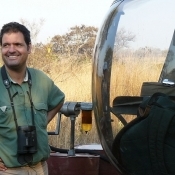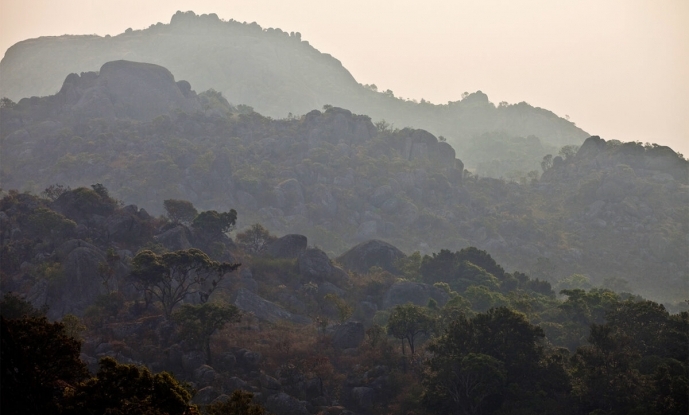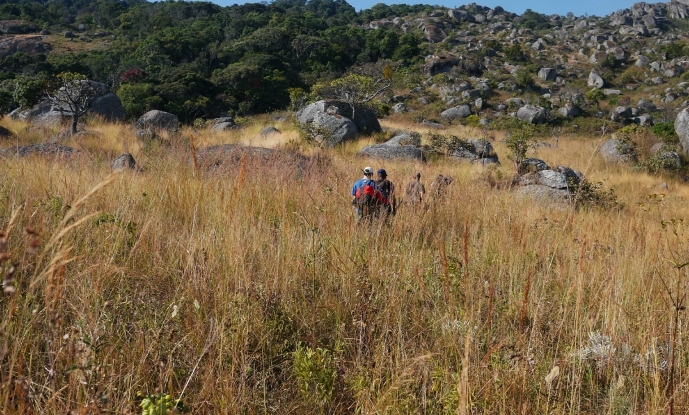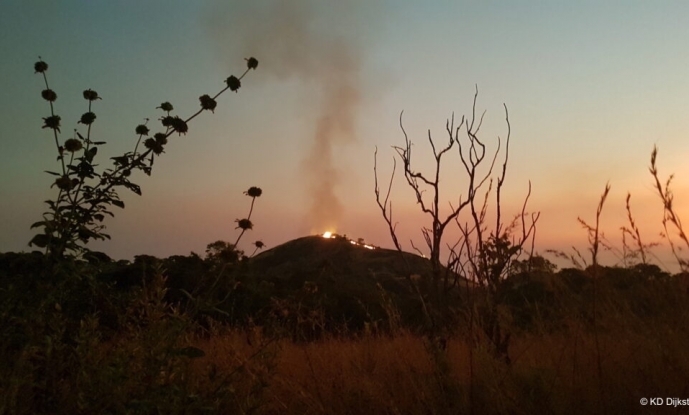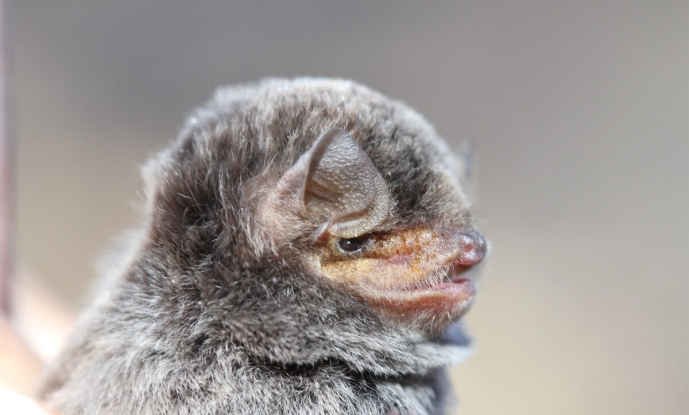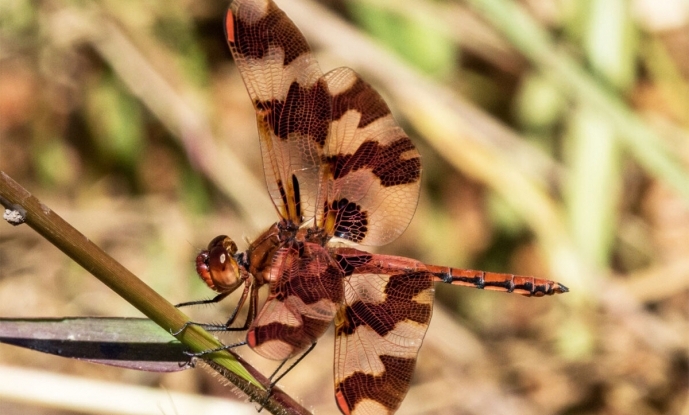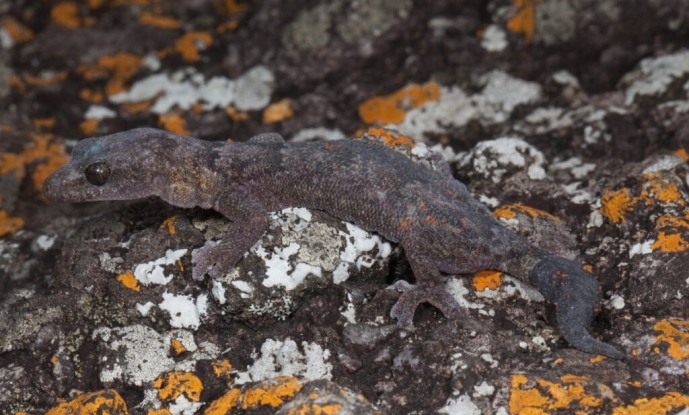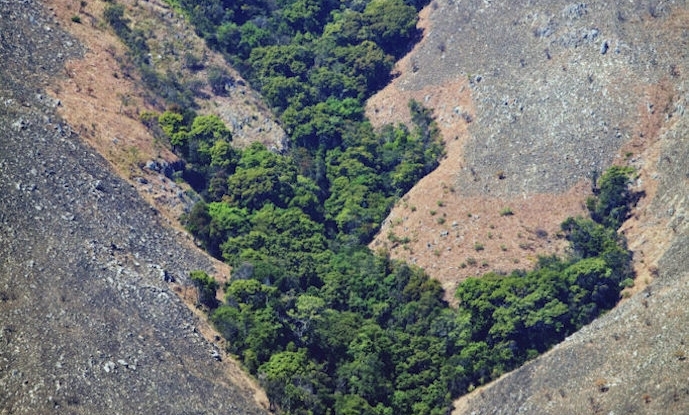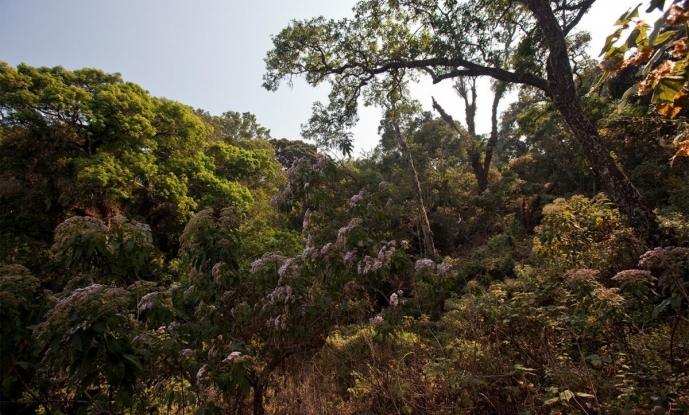Afromontane Forests of Angola: Understanding their biodiversity and conservation issues
The Afromontane forests of Angola constitute the most isolated, confined, and threatened segment of the Afromontane biome, a unique ecosystem of high-altitude evergreen rainforests. Despite their limited extent — totaling less than 700 hectares — the forest patches in the highlands of western Angola, particularly on the country’s highest peak, Mount Moco, and the recently explored Namba mountain range, are vital relics of a once widespread ecosystem across East, Southern and Central Africa. These forests are of immense ecological importance, supporting an immense diversity of species, serving as a stronghold for endemism and providing essential ecosystem services to local communities. However, the Afromontane forests in Angola remain understudied and are critically endangered, primarily due to growing human pressure, unsustainable harvest of firewood and timber, and increasing frequency of uncontrolled fires at the forest edges and penetrating the interior where the natural protective belt of fire-resistant vegetation has been degraded. Moreover, these ecosystems remain understudied and without formal protection.
The project seeks to address the ongoing decline of these forests through a series of strategic activities at Mount Moco and the Namba Mountains. This includes ongoing scientific research to advance the understanding of local biodiversity and monitor forest health using methods such as molecular analyses. As part of restoration efforts at Mount Moco, the project enhances native tree planting techniques in line with traditional ecological knowledge and employs fire management strategies, such as creating fire breaks and training local firefighters. It also aims to raise awareness and build capacity among the local population to implement sustainable practices while promoting the use of alternative resources. Ultimately, the project aims to establish protected areas at the two sites in collaboration with international and government agencies as well as local communities. The project thus plays a crucial role in conserving the remaining Afromontane forests in Angola through biodiversity research, managing fire risk, engaging local communities in stewardship practices and promoting sustainable use of forest resources.
The project seeks to address the ongoing decline of these forests through a series of strategic activities at Mount Moco and the Namba Mountains. This includes ongoing scientific research to advance the understanding of local biodiversity and monitor forest health using methods such as molecular analyses. As part of restoration efforts at Mount Moco, the project enhances native tree planting techniques in line with traditional ecological knowledge and employs fire management strategies, such as creating fire breaks and training local firefighters. It also aims to raise awareness and build capacity among the local population to implement sustainable practices while promoting the use of alternative resources. Ultimately, the project aims to establish protected areas at the two sites in collaboration with international and government agencies as well as local communities. The project thus plays a crucial role in conserving the remaining Afromontane forests in Angola through biodiversity research, managing fire risk, engaging local communities in stewardship practices and promoting sustainable use of forest resources.
Team
Principal Investigator
Researchers
State
Ongoing
Proponent Institution
CIBIO - InBIO
Funded by
TROPIBIO
Dates
2022
